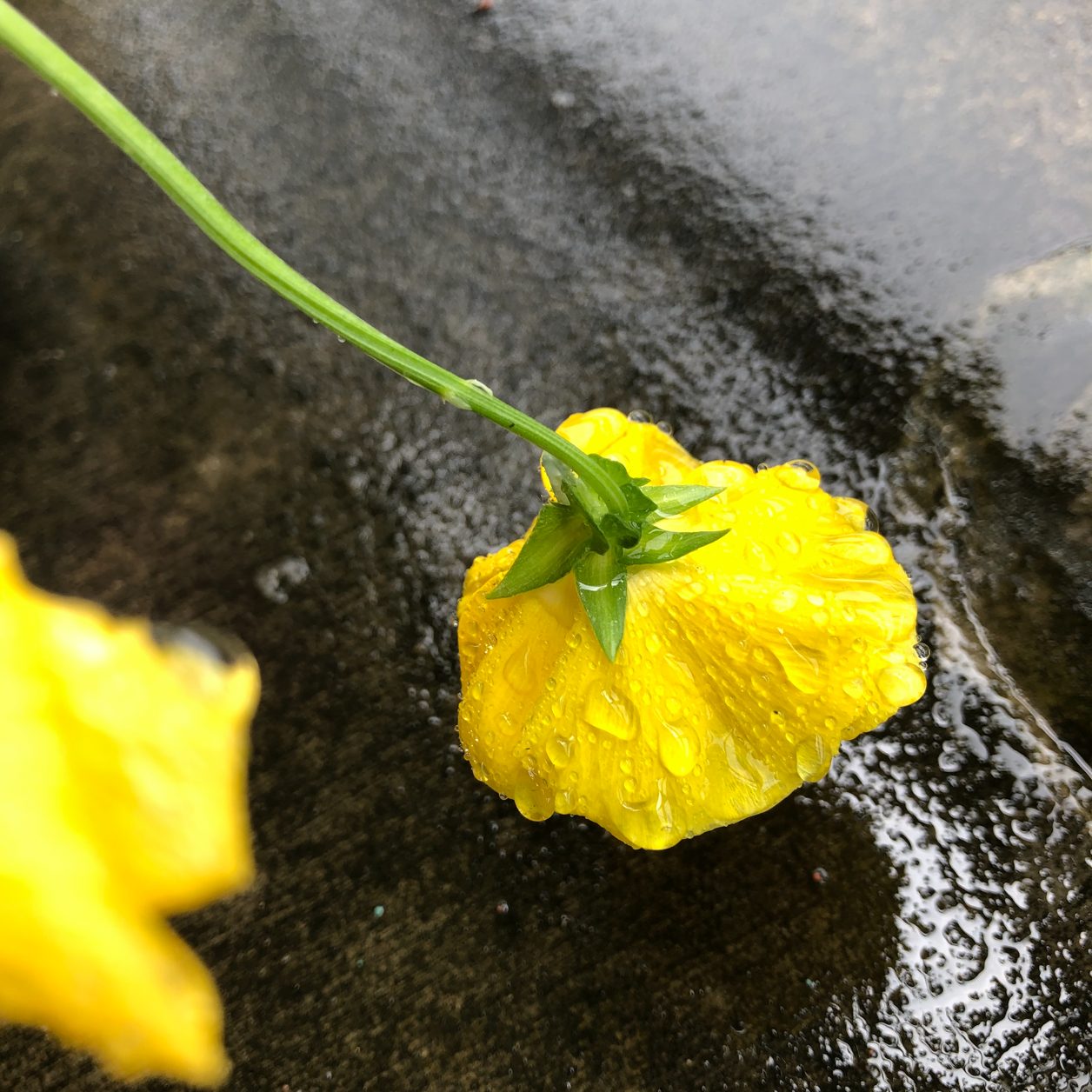The first year I worked at the University of Minnesota, I didn’t know what program I wanted to enroll in, but I did want to take advantage of free classes. I took drawing, and ceramics, and graphic design, and weaving. Those classes felt like the opposite of dental hygiene classes. I fluffed my damp wings.
My salary was $10,500/year, and I didn’t see any way to increase it at the clinic. Nobody is promoted from clerk to nursing assistant to nurse without more schooling. I didn’t want to have left dental hygiene to become a nurse.
There was a big corkboard in one of the university buildings that posted flimsy little computer printouts of job openings on campus. I went to that board regularly and posted for every secretarial position where I thought there might be a path to a better job and more money.
The vice president of the Office for Minority and Special Student Affairs (OMSSA) in the financial aid office hired me. I was still on the bottom of the totem pole, but it was a job I liked. I learned how to supervise a college work/study student, and I was glad to work in a place where people didn’t get sick and die.
Another benefit of the job was that it brought me in contact with Lynn, an employee in the office who was getting her Master’s in training and organizational development. She recommended the program enthusiastically. I met with the professor who ran it, thought it sounded like a good fit, and enrolled.
One day, one of my high school friends from New Jersey was admitted to the university hospital. She had juvenile-onset diabetes, already had a kidney transplant, and was waiting for a pancreas transplant.
People hear ‘organ transplant’ and tend to think one is like another. They’re not. By this time, kidney transplantation was relatively routine, like changing out a piece of plumbing. Pancreas transplantation was cutting edge, with frighteningly lower success rates.
I will call my friend Meredith, which is not her name. At this point in her life, I think she had just completed law school. She would go on to become a biological patent attorney.
I visited Meredith in her hospital room almost every day after work. She was stretched out in her bed and I sat in a little chair at her side. She looked pale and I wondered about the machines that beeped around her, but she never said anything about how she felt.
On one visit, I began to confess my worries about my statistics final, then stopped myself, putting my hand over my mouth.
“I’m sorry,” I said.
“What for?” asked Meredith.
“Here I am complaining about a stupid test while you’re waiting for a pancreas.”
She smiled.
“Here’s what I’ve learned, Jule. Everybody has a worry bottle, and everybody’s worry bottle is full.”
I didn’t understand.
“Your worry bottle is full with a stats final. Mine is full with a pancreas transplant. Doesn’t matter what it’s full with. Our worry bottles are full and that’s what matters.”
Meredith was always older and wiser than the rest of us.
What I’m proud about in this story is that I recognized the need to change jobs and persisted to make it happen, and that I had the wisdom to listen to my friend and remember what she said.
Chewing the Cud of Good

Thankful for friends in my condo building who just rescued an eight-week-old puppy. They said I can play with him sometimes!
How many worry bottles is too many? What do we do with all these overflowing bottles? How do we mop up the mess?
Oh, Chris! You made me laugh! 🤣
Maybe we let the mess overflow onto the ground and water the plants! 🌱